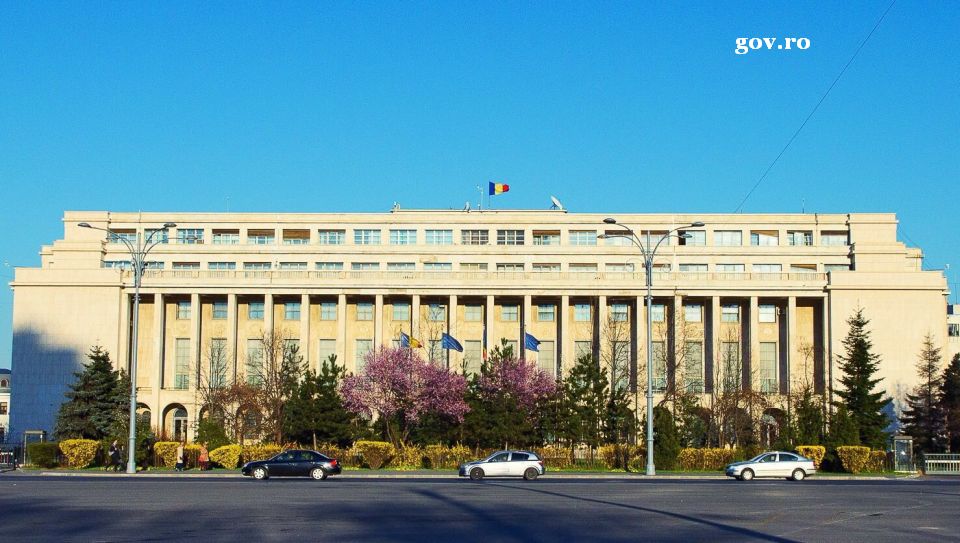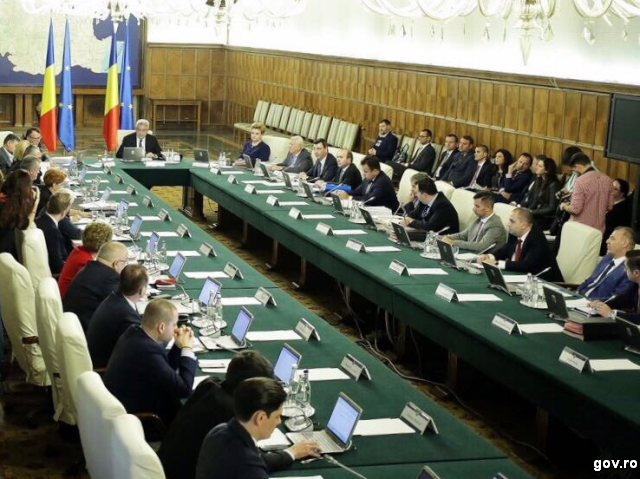The Bucharest Government approved the first budget revision of this year, which will trigger an increase in the budget deficit. According to Prime Minister Marcel Ciolacu, the revision is sustainable, because 84% of the deficit represents expenses for investments, and the money will return multiplied to the budget state. The correction is positive and is based on the increase in revenues and the increase in the deficit to 6.9%. The Prime Minister pointed out the fact that investments and not consumption would continue to be supported. He gave as an example the highways, which will bring back eight times more money than was spent on their construction.
Marcel Ciolacu: “It is natural for the state to first transfer the money to the Minister of Transport, Sorin Grindeanu, who gives it to the companies, they finish our highways, which we have been waiting for for 30 years, and, with a delay of a month or two, taxes return to the state. Moreover, in the next period, at least what it is invested in the infrastructure multiplies in the economy up to eight times. You put in one euro, you get 6 or 8 euros back, in the area where we have directed a lot of investments at the moment.”
The Prime Minister also said that the reduction of unnecessary public expenditure would continue. In his opinion, the budget deficit must be an exclusively general investment deficit. Following the revision, health, transport and education receive additional funds.
Social insurance budgets are also being increased for the payment of recalculated pensions, which have increased since September 1, but also for unemployment allowances and related social insurance contributions. The Ministries of Health, Internal Affairs, European Projects, Agriculture and Energy will also receive additional funds.
On the other hand, other main authorizing officers will have smaller budgets. These include the General Secretariat of the Government, the Ministry of Economy, the Senate and the Chamber of Deputies, the Special Telecommunications Service, but also the Ministry of Development. The budget revision proposal is based on the increase in revenues and expenses, which have gone up significantly. According to specialists, this will lead to a deficit of 2% above the authorities’ estimate of 5% at the beginning of this year. All these in the context of a revised downward economic growth forecast, from 3.4 to 2.8% of GDP. The National Strategy and Forecast Commission (CNSP) estimates a GDP growth of 3.5% for 2025, and 3.7% for 2026. Inflation at the end of the year is forecast at 4.5%, above the Central Bank target of 4%, to decrease to 3.8% next year and to 2.9% in 2026. The trade deficit will increase, according to the Forecast Commission, to 32.7 billion euros this year, from 28.9 billion euros last year, after an advance in exports (1.8%) and imports (4.5%). The average exchange rate is projected at 4.98 lei/euro for this year, and the average net monthly salary could rise by 14.8% in 2024, to 5,066 lei (approx. 1020 euros).




